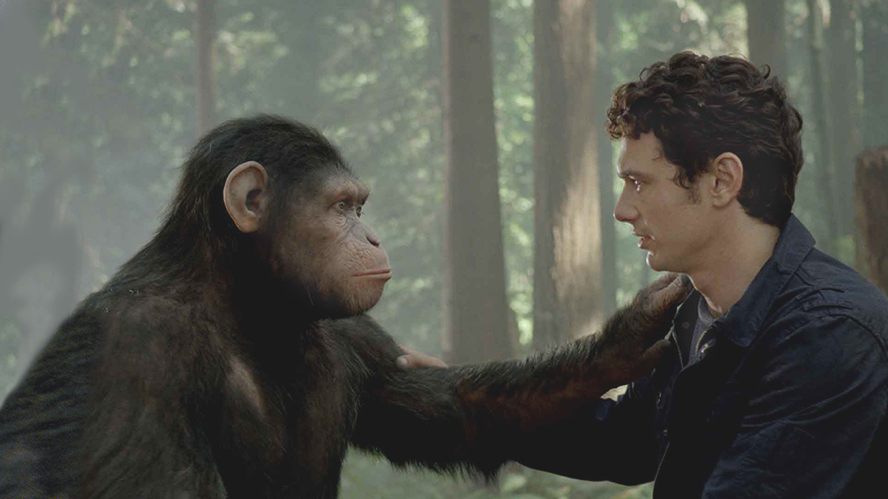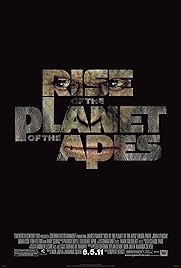A movie for every day of the year – a good one
12 July
Julius Caesar born, 100BC
Most people have some inkling about the death of Julius Caesar – “et tu, Brute” etc – but he was born too, so it seems. In the year 100BC, on this day, to a family of patricians who already bore the cognomen Julia – descendants of the mythical Iulus (or so they liked to say) aka Ascanius, king of Alba Longa, son of Trojan hero Aeneas. Julius Caesar’s given name was Gaius, his family name Julius, the cognomen or family nickname Caesar – because one of his ancestors was born by caesarean section (from the Latin caedere – to cut), or had a thick head of hair (caesaries – hair), or because he had bright eyes (oculis caesiis – blue eyes), or that he killed an elephant in battle (caesai – Moorish for elephant). From coins struck during his rule, bearing images of elephants, it would seem that Julius Caesar preferred the last explanation. At 16 Julius Caesar’s father died and he became head of the family. He was also lined up to become the high priest of Jupiter, but intrigue against the family meant Julius Caesar was stripped of his inheritance and all titles, actual or pending. Which is how he ended up joining the army and embarking on a circuitous route to the top, won by prowess as a military man and administrator rather than connection to an important family. Sounds a bit like Gladiator.
Rise of the Planet of the Apes (2011, dir: Rupert Wyatt)
There are reboots and reboots. Rise of the Planet of the Apes goes right back to basics, calling on neither the original sequence of films made between 1968 and 1973, nor Tim Burton’s dreadful 2001 waste of everyone’s time. It’s the real reboot thing – a “here’s how it all happened” reimagining of how the Earth might have been taken over by apes. Or will happen, since it’s set in a ten-minutes-into-the-future present where a scientific researcher (James Franco) comes up with a drug for restoring brain function, tries it on the chimps at the lab and also sneaks some home for his beloved dad (John Lithgow) who has Alzheimer’s.
The bewildered/lucid Lithgow is little more than a humanising backstory to Franco, as is another of the film’s stars, Freida Pinto as Franco’s perpetually worried girlfriend, struggling to show off her range after being catapulted to fame by Danny Boyle’s Slumdog Millionaire. Andy Serkis completes the quartet, yet again in a mo-cap role (after playing the hero beast in King Kong and Gollum) as Caesar, the ape who has been born with consciousness and superior intelligence as a result of his mother getting a shot of Franco’s wonder serum. Add that to Caesar’s pre-existing animal cunning and we have… trouble.
I’m no fan of any of the Planet of the Apes films – people in chimp masks, whether riding horses or carrying a clipboard just doesn’t do it for me – and it’s said that Stanley Kubrick was furious when the original POTA won an Oscar for make-up. What about his apes – in 2001: A Space Odyssey – did the Academy think he’d used real ones? But good though Serkis is at conveying Caesar’s awakening as a sapient ape and his evolution as the sort of military strategist that his Roman namesake would recognise, the film actually spends most of its time operating as an update on the sort of 1950s B movie where concerned scientists would say things to each other in concerned-scientist monotones. On this level it’s a very good film: brisk, entirely sure of what it’s about, with a driving forward thrust and a keen interest in technology and the brains required to use them. The twist being that it’s the apes who start to learn; the humans are all over the place, unsure whether to let their head or their heart win out in any closely contested decision-making.
So we forgive Pinto’s flattish performance, the same way we forgive Franco, who could be just about anybody, because too much personality would just slow things down, make everything just a bit less slick.
As for its message – don’t be mean to the beasts, or the beasts might just be mean to you – it chimes entirely with species-ist claims for rights for animals in a way that’s incredibly direct and yet never obtrusive. Good work. No wonder the doctor ordered a sequel, Dawn of the Planet of the Apes.
Why Watch?
- Andy Serkis as Caesar
- The film that rebooted a franchise
- The clean modernist cinematography of Andrew Lesnie (Lord of the Rings)
- Its thrilling “ape takeover” third act
Rise of the Planet of the Apes – Watch it now at Amazon
I am an Amazon affiliate
© Steve Morrissey 2014


Quite and interesting review